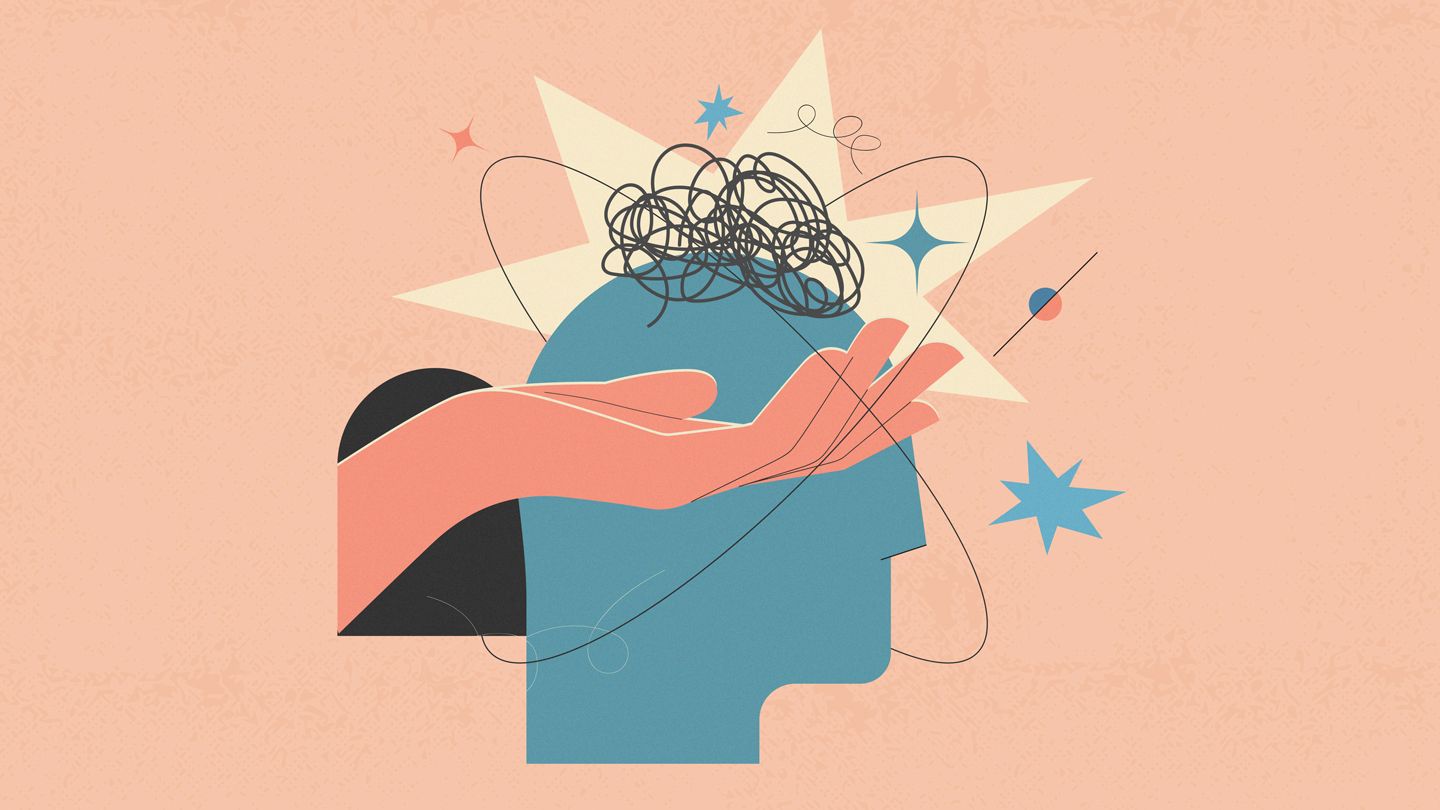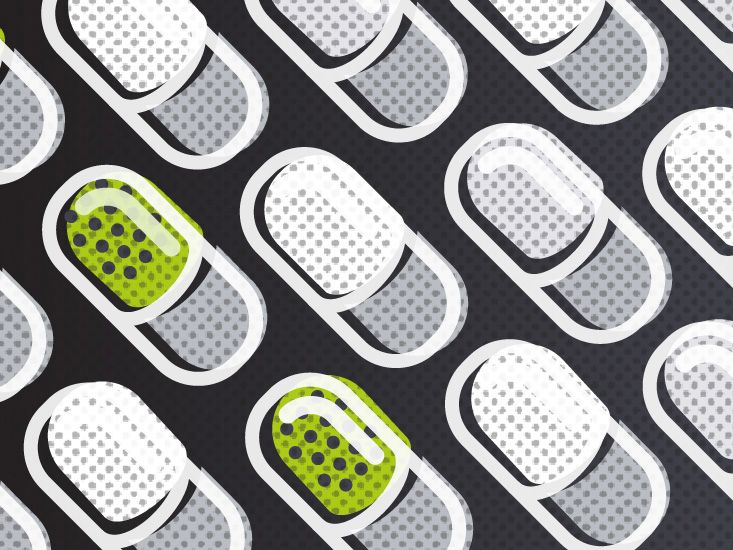Understanding ADHD and Finding the Right Treatment
Attention-deficit/hyperactivity disorder (ADHD) is a common mental health condition affecting both children and adults. The hallmark symptoms include difficulty paying attention, excessive activity, and impulsive behaviors.
Getting an Accurate Diagnosis
Due to the complex nature of ADHD, receiving an accurate diagnosis from a mental health professional is an important first step. This involves assessing symptoms, ruling out other potential conditions, getting feedback from teachers and family, and determining how symptoms impact daily life functioning.
Exploring Treatment Options
Treatments for ADHD aim to reduce symptoms and improve the ability to function at school, work, home, and in relationships. The most common treatments include behavior therapy, education training, counseling, and sometimes medication.
Finding the Right Medication
If medication is recommended, there are several different types and classes to consider such as stimulants, non-stimulants, antidepressants, and alpha-2 agonists. Doctors determine the most appropriate options based on the individuals symptoms, comorbidities, side effects, and personal preferences.
The Importance of Ongoing Care
Treating ADHD requires an ongoing partnership between the patient and their healthcare providers. Together they monitor progression, adjust supports as needed, and discuss any changes over time.
Being Patient With the Process
Finding the right treatment regimen takes time, patience, and commitment. It often requires trying various interventions under medical guidance to determine optimal responses while minimizing side effects.
Tracking Progress Over Time
Keep all providers updated on how treatments are working including benefits and any challenges. Ongoing communication allows for modifications to better address changing needs.
Prioritizing Lifestyle Factors
In addition to following recommended treatments, focus on adopting ADHD-friendly strategies into daily routines. Get organized, use tools like calendars and reminders, incorporate wellness practices such as exercise and meditation, and ask for support when feeling overwhelmed.
The Role of Community and Connections
Surrounding yourself with positive relationships provides understanding and lightens the load. Participate in community education programs, support groups, and advocacy work related to ADHD.
Reducing Stigma Through Awareness
Outdated assumptions about ADHD perpetuate stigma and make accessing care difficult for those struggling. Compassion starts with getting the facts straight which comes from open and judgement-free conversations.
Finding Your People
Online forums bring together people of all ages and backgrounds impacted by ADHD. Connect with those who understand the challenges and share ideas for overcoming obstacles.
Giving Back
For those whose lives have improved through effective treatment, consider volunteering with local and national ADHD organizations. Help inform policies, fund research, and eliminate barriers faced by disadvantaged communities.
Staying Hopeful on the Journey
While managing ADHD presents difficulties, countless children and adults see positive changes when staying committed to an integrated treatment approach tailored to their needs. Focus on progress made, insights gained, and goals achieved along the way.
FAQs
Where can I find an ADHD support group in my area?
Online searches for “[your city] ADHD support group” can locate in-person and virtual resources. Or contact local mental health centers, advocacy groups, university disability services, and coaching networks for referrals.
What type of mental health provider diagnoses and treats ADHD?
Psychiatrists, pediatricians, psychologists, and clinical social workers can all assess for ADHD, determine treatment plans, and provide therapy. Contact your insurance to find in-network providers.
How can teachers support students with ADHD?
Educators can help students with ADHD thrive through classroom accommodations like seating choices, activity breaks, organization supports, and clear instructions, routines, and expectations.
Where can I learn more about ADHD resources?
Reputable organizations like the Attention Deficit Disorder Association (ADDA) and Children and Adults with Attention Deficit/Hyperactivity Disorder (CHADD) offer evidence-based education and connections with others impacted by ADHD.
Disclaimer: This article is for informational purposes only and does not constitute medical advice. Always consult with a healthcare professional before starting any new treatment regimen.
Related Coverage
The caffeine in chocolate may help improve some ADHD symptoms like attention and focus. Give kids small portions along with protein and fiber for maximum benefit....
ADHD symptoms like poor impulse control and high egocentrism can lead to behaviors viewed as selfish. Treatment and lifestyle changes help manage behaviors....
Find out how ADHD military eligibility works, waiver options, branch differences, and steps to prove you're fit for service....
Cooking yogurt at high temperatures can destroy probiotics. But gentler heating, prompt refrigeration, and certain preparation methods help preserve live cultures....
Learn what Mydasis side effects feel like, which are common, how to manage them, and when to seek medical help....
Yes, primary care doctors can diagnose ADHD and prescribe medications like Adderall. Learn about discussing symptoms, treatment goals, getting a prescription....
The ongoing Vyvanse shortage in 2023 is making access difficult. Discover possible causes, alternative ADHD medications, and tips for conserving your supply....
Take an Adult ADHD test to spot patterns, understand scores, and learn practical next steps for diagnosis and everyday support....
Embrace the power of superfoods and elevate your conscious lifestyle. Discover 15 nutrient-dense powerhouses that offer a wealth of benefits for your body, mind, and spirit....
ADHD time blindness makes time feel elusive. Learn why it happens and find practical strategies to manage your unique relationship with time....









